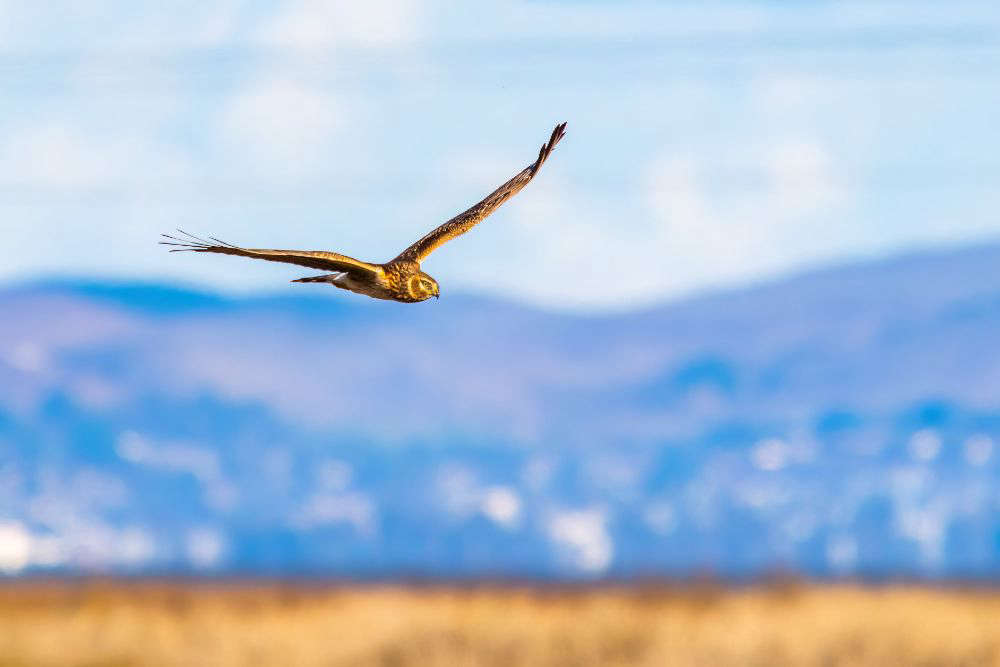
The plan, which was launched today, aims to address falling numbers of the bird.
A new plan aimed at saving an Irish bird facing extinction is being described as a 'missed opportunity.'
The Hen Harrier Threat Response Plan was launched in the Slieve Bloom Mountains in Laois today.
The proposals have been in the works for over a decade, during which time the bird has seen a 33% decline in population.
It's estimated there are only around 100 pairs of Hen Harriers left in Ireland, with the bird possibly facing extinction in the next 25 years.
Agriculture and Land Use Policy and Advocacy Officer with the Environmental Pillar, Fintan Kelly, says those fears remain, despite the new plan:
The Hen Harrier is a territorial ground-nesting bird of prey, which typically breeds in open upland bog, heather moorland, and other associated habitats
A 2022 survey found a significant decline in the population of the bird in Ireland, when compared to a study in 2015.
It's estimated there were between 85 and 108 pairs in the country two years ago, a fall from somewhere in the region of 108 and 157 pairs nine years ago.
The plan recognises the importance of landowners and farming communities in improving the habitat for the Hen Harrier and the need for supports and incentives to engage them in conservation.
Speaking at the launch of the Hen Harrier Threat Response Plan, Minister Malcolm Noonan said:
"The publication of the Hen Harrier Threat Response Plan marks a significant milestone in our collective effort to prevent the extinction of our precious Skydancer.
The plight of this iconic bird highlights the broader issues we face both nationally and globally in tackling the biodiversity crisis, and its future is very much in our hands.
It’s vital that we now focus urgently and strategically on implementation.
We must seize the opportunities presented in this Plan to deliver meaningful change to the management of our landscapes and protect our most vulnerable species."


 Man Hospitalised With Serious Injuries Following Offaly Crash
Man Hospitalised With Serious Injuries Following Offaly Crash
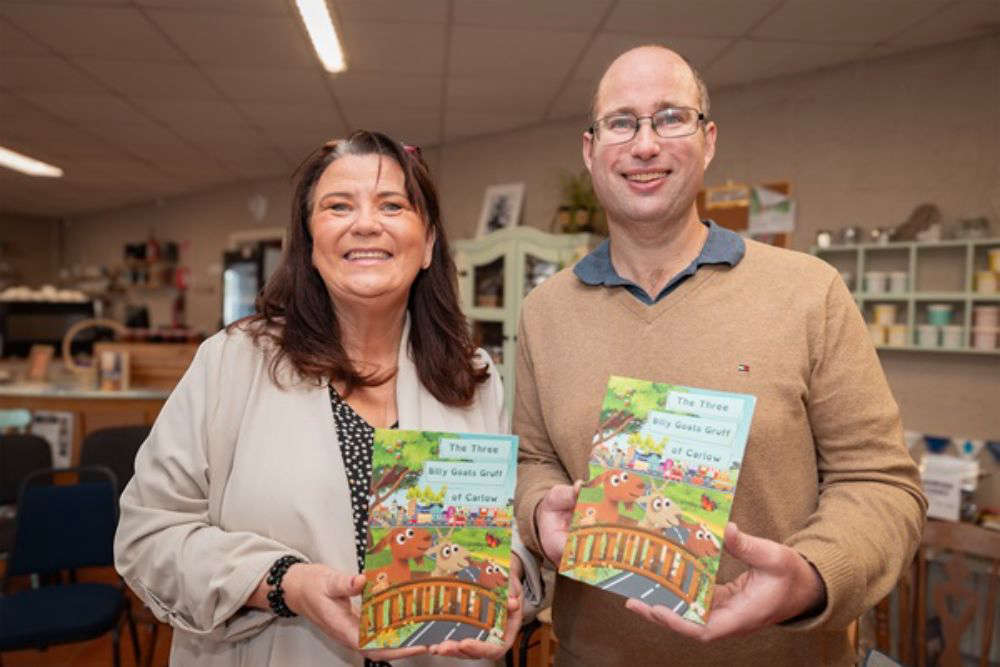 Biodiversity Children's Book Launches In Midlands
Biodiversity Children's Book Launches In Midlands
 Over €3.8m In IT And Minor Works Grants Going To Midlands Schools
Over €3.8m In IT And Minor Works Grants Going To Midlands Schools
 Midlands Property Prices Continuing To Rise
Midlands Property Prices Continuing To Rise
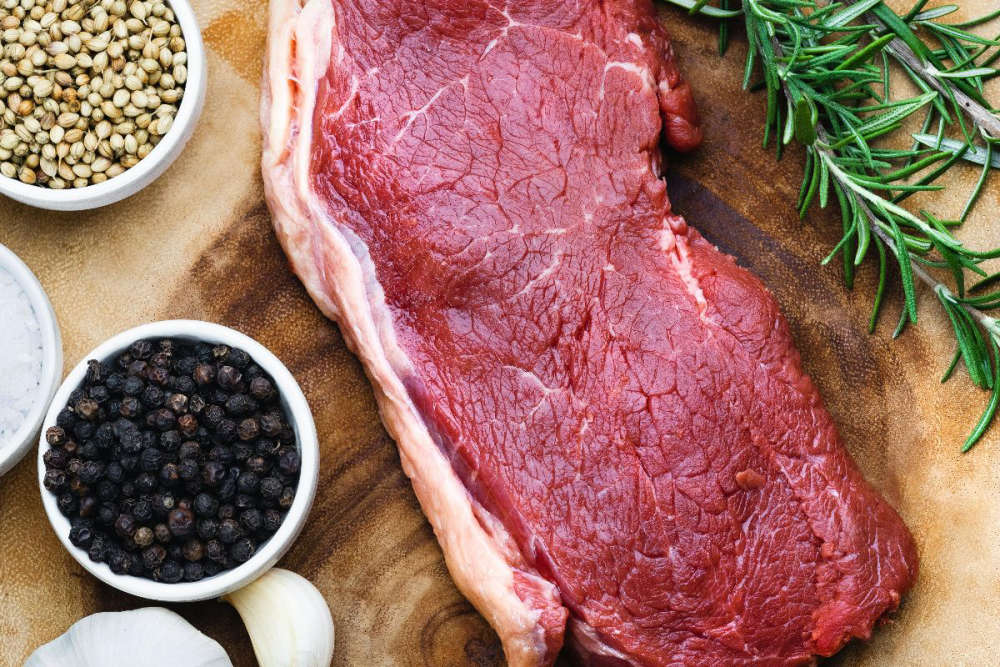 Mercosur Vote Down To The Wire - Midlands MEP
Mercosur Vote Down To The Wire - Midlands MEP
 Offaly Community Sports Facility To Remain Closed Over Christmas
Offaly Community Sports Facility To Remain Closed Over Christmas
 Westmeath Security Expert Welcomes Gardai Training For EU Presidency
Westmeath Security Expert Welcomes Gardai Training For EU Presidency
 Lower Childcare Fee Caps Could Lead To Closures - FECP
Lower Childcare Fee Caps Could Lead To Closures - FECP
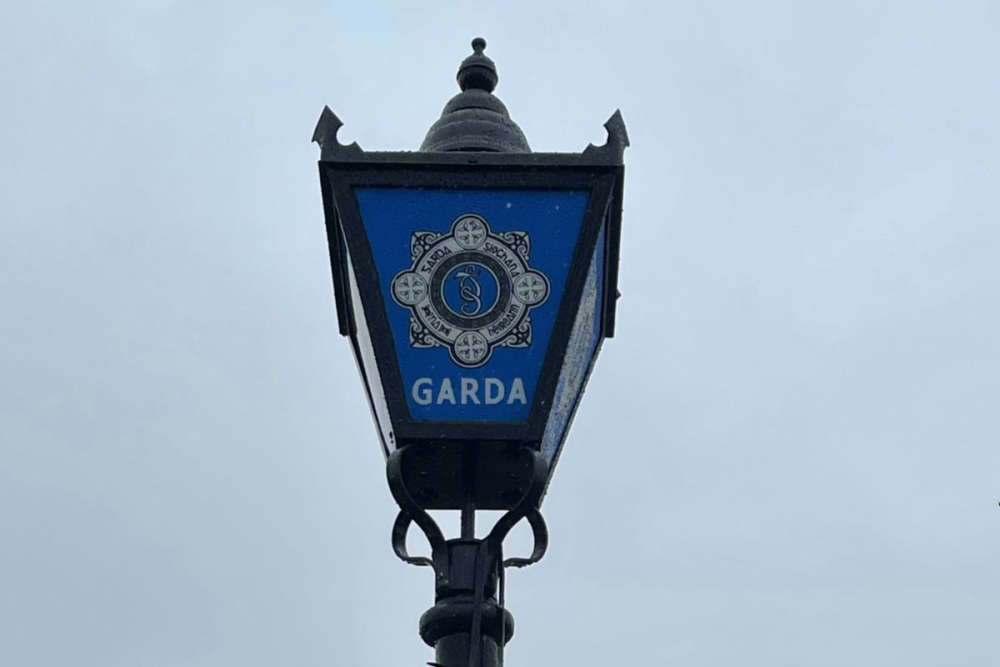 Gardai Investigating Potentially Suspicious Approach Of Child In Laois
Gardai Investigating Potentially Suspicious Approach Of Child In Laois
 Midlands Animal Rescue Shelter Unequivocally Against Fox Hunting
Midlands Animal Rescue Shelter Unequivocally Against Fox Hunting
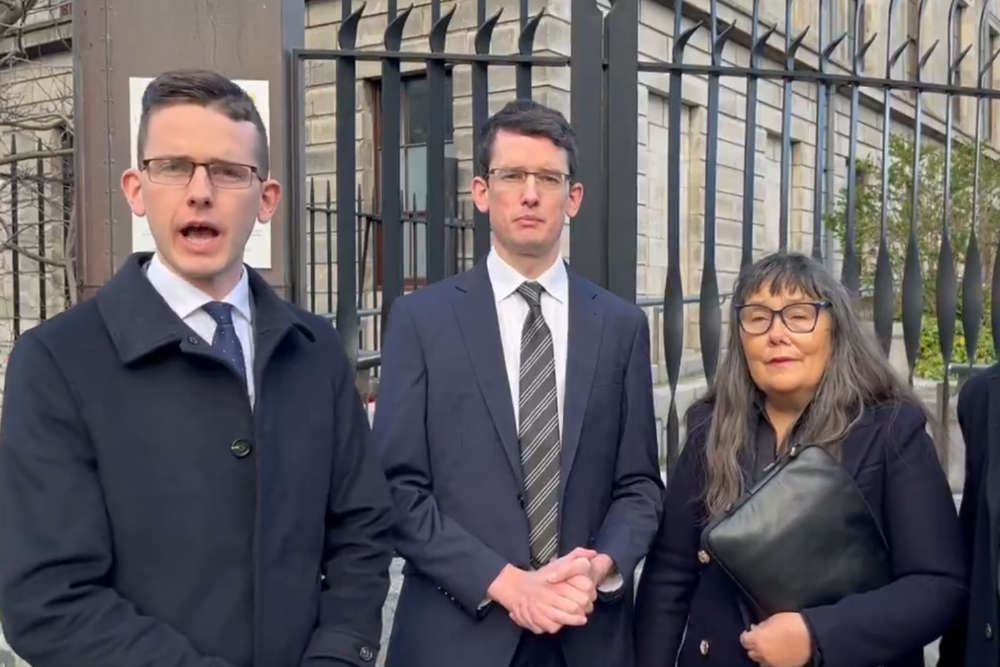 Judge Disappointed And Surprised By AG Ruling On Burke Contempt Of Court Referral
Judge Disappointed And Surprised By AG Ruling On Burke Contempt Of Court Referral
 Five Maternity Reviews At Portiuncula Hospital Ongoing
Five Maternity Reviews At Portiuncula Hospital Ongoing
 Gardaí Confirm Discovery Of Man's Body At Midlands Premises
Gardaí Confirm Discovery Of Man's Body At Midlands Premises
 Laois Senator Warns Blister Pack Funding Cut Will Lead To Dangerous Confusion
Laois Senator Warns Blister Pack Funding Cut Will Lead To Dangerous Confusion
 Call To Fast-Track Living City Initiative For Westmeath Town
Call To Fast-Track Living City Initiative For Westmeath Town
 Midlands Community Sports Facility Closing With Immediate Effect
Midlands Community Sports Facility Closing With Immediate Effect
 Man Arrested In Connection With Fatal Offaly Fire Released Without Charge
Man Arrested In Connection With Fatal Offaly Fire Released Without Charge
 Westmeath Waste Facility Remains Temporarily Closed
Westmeath Waste Facility Remains Temporarily Closed
 Laois Man To Be Laid To Rest Friday
Laois Man To Be Laid To Rest Friday
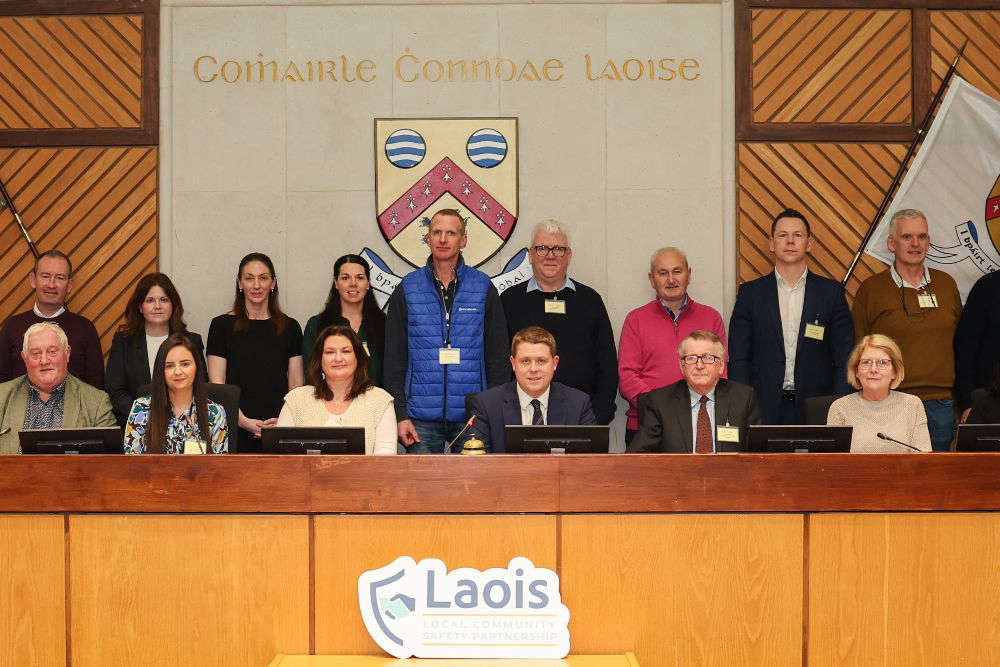 Laois Community Safety Partnership To Start January
Laois Community Safety Partnership To Start January